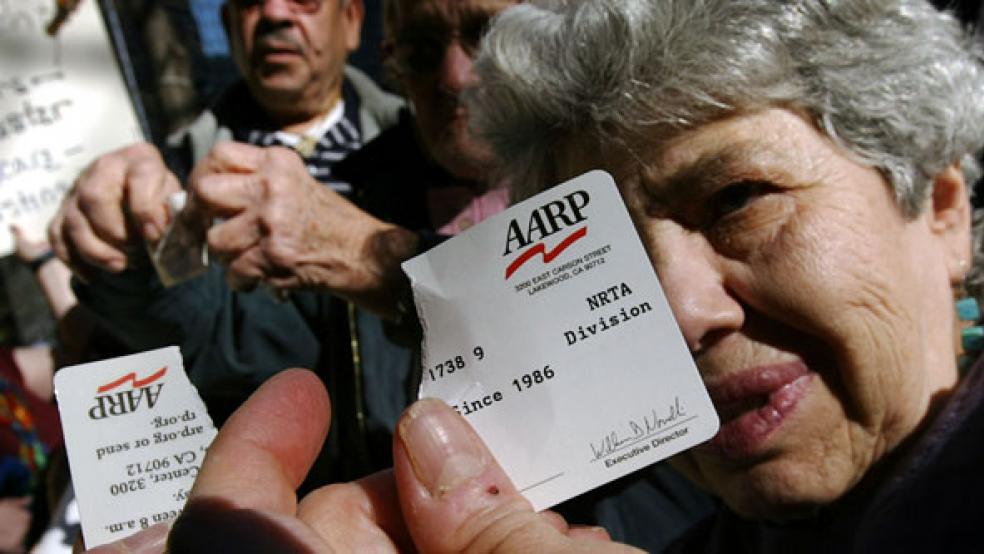For months, said Washington health-care attorney Rene Quashie, his phone has been “ringing off the hook,” with hospital and doctor clients wanting advice on how to reorganize themselves to get new Medicare bonuses under the health-care law. Handling such questions, said Quashie, an associate with the firm Drinker Biddle & Reath, is sure to be “a growth area” for his firm.
And a lucrative one.
From Washington to California, the year-old health law, with its layers of complexity, is setting off a gold rush for high-priced lawyers and consultants. It’s “a full employment act for health-care consultants,” said Ian Morrison, a founding partner of Strategic Health Perspectives in Menlo Park, Calif.
Much of the activity — and the prospect of glitteringly high fees — is swirling around a widely discussed provision that encourages doctors, hospitals and insurers to team up in treating patients. Initially, these “accountable care organizations,” as envisioned in the law, will treat only Medicare patients, and will get bonuses for providing better care at lower cost. But if they work, ACOs will likely spread to private patients as well.
The ACO issue “has all the pieces that drive consulting,” said Morrison. “There are legal, information technology and cultural changes needed to make it work, so lawyers are happy as hell, IT people are happy as hell and so are the management consultants.”
Lobbyists, lawyers and consultants are holding frequent ACO conferences — and finding them oversubscribed. Some consultants are charging from $25,000 for a day of strategy sessions to $1 million to actually implement the strategy.
Gorman Health Group, a 150-person consultant firm based in Washington, charges $25,000 to $100,000 for an ACO strategy, which is usually done in conjunction with other work, said founder John Gorman, who was a Medicare official in the Clinton administration. Among the topics discussed: whether the health system has to make major cultural changes to become an ACO.
The Camden Group charges about $30,000 to $100,000 to advise health systems on how to get ready to become an ACO, said Steve Valentine, the firm’s president.
Meanwhile, Washington lawyer Randy Fenninger said his firm, Holland & Knight, is expanding its ACO practice in response to requests for advice from hospital and physician clients in Miami and Chicago.
The ACO frenzy is bound to increase. The Department of Health and Human Services on Thursday released a 429-page proposed ACO rule, and a final version is due by year-end. The first ACOs are scheduled to launch in January 2012.
“Every time there is a new programmatic initiative in D.C., there is a wave of new consulting opportunities,” said Jeff Goldsmith, president of the consulting firm Health Futures and associate professor of public health sciences at the University of Virginia. “But I have never seen anything quite like this in my 35 years in this business.”
Medicare pays physicians separately for individual services, which critics say leads to fragmented and excessive medical care. Under the proposed rule, ACOs that care for their patients at a lower than expected cost would reap bonuses from the money they saved Medicare. In some cases, those that had cost overruns would face penalties.
“ACOs are going to be part of the traditional Medicare program beginning in 2012, and if you are a hospital, you are seeing this and thinking money is going to go out of the system and its going to be taken out of your hide,” said Jay Cohen, executive chair of Monarch Healthcare, an independent physicians’ group in Irving, Calif. “So to preserve their interests and stay relevant, they are thinking they need to get control.”
Read more at The Washington Post.




